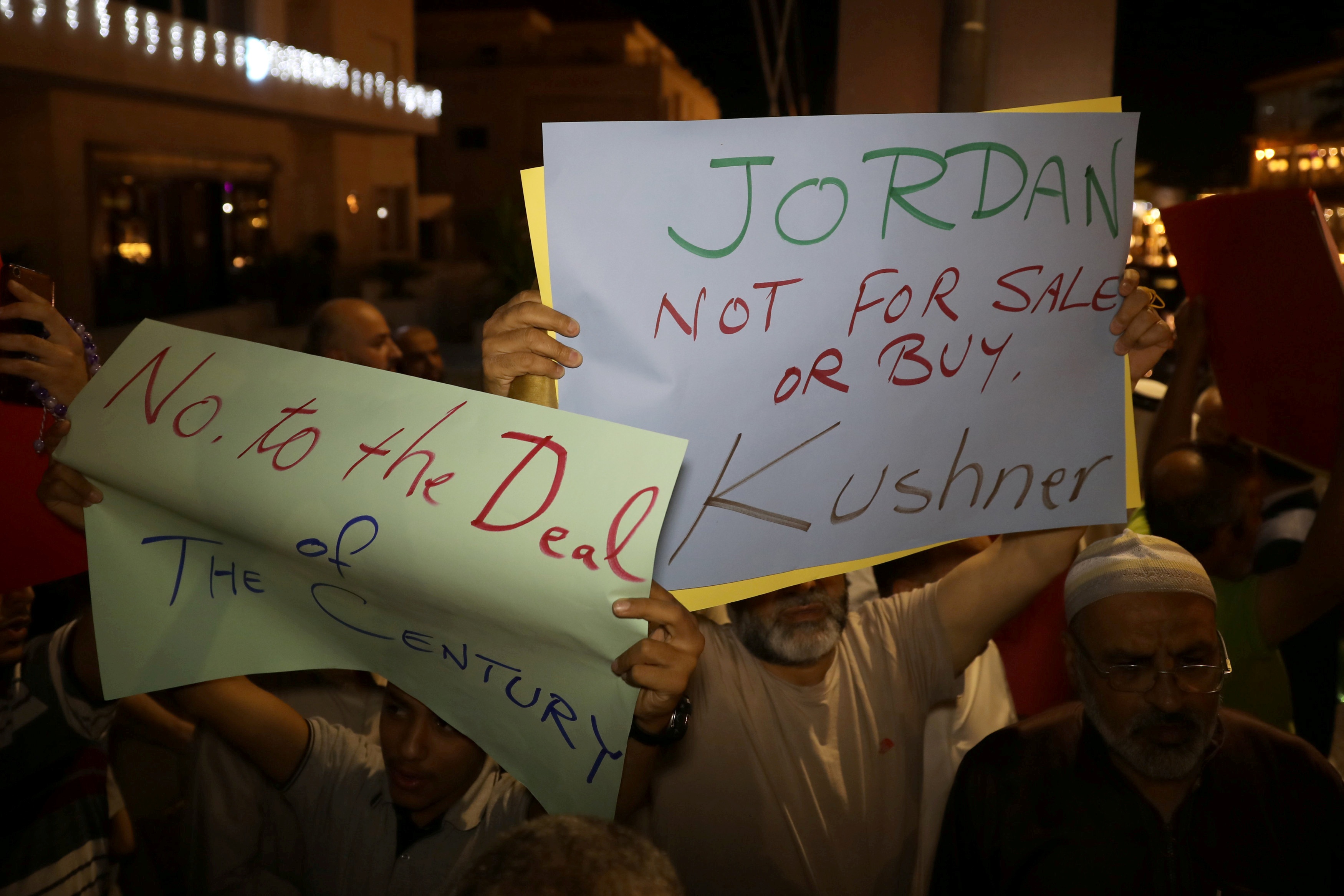Different readings of the Muslim Brotherhood and the Persian Gulf monarchies from Islam have shaped two different political streams in their outlook towards political establishments that would never understood each other. Although it is possible for the two streams during their lifetime to have forged convergence between but it has never been stable; Following the 2011 events in the Arab world, the Arab monarchies in the Persian Gulf, especially Saudi Arabia, the United Arab Emirates, Kuwait and Bahrain, were very much intimidated by these developments; this issue has led to the formation of components that resulted in escalation of the grounds for opposition of these countries with the Muslim Brotherhood;
As an example, the historical relations between Saudi Arabia and countries such as Egypt and Tunisia turned abnormal; the proximity of the Muslim Brotherhood to Qatar and Turkey raised the safety of the former investments by the UAE and Saudi Arabia; Moreover, the publicity by the Muslim Brotherhood in these countries added to the scope of these concerns; even in spite of Mohamed Morsi’s first foreign visit to Saudi Arabia, the Muslim Brotherhood did not pay any attention to the sensitivities of Saudi Arabia and did not show a positive reaction. Indeed, they even sparked the wrath of the Saudis by supporting ‘al-Sahwa’ stream in Saudi Arabia. In another development in the United Arab Emirates, the arrest of 40 members of the Muslim Brotherhood limited the scope of activities of this group.
Therefore, the Persian Gulf monarchies led by Saudi Arabia and along with the United Arab Emirates, tried to meet their security needs based on the principle of self-assistance. Regardless of the fact that the actions of these monarchies are likely to increase the insecurity of others, they consider their actions defensive; today, in North Africa, the actions of two streams of foreign actors (Saudi Arabia-UAE axis and Turkey-Qatar axis) have increased the scope of insecurity in the region especially in Libya; In fact, since the actors of both axes, supporters and opponents of the Muslim Brotherhood are facing an intricate uncertainty, this issue, with the Muslim Brotherhood playing the central role, has created an active cycle of responses which on the one hand prepared the ground for the concern of the Persian Gulf monarchies, and on the other hand, the phobia of Turkey and Qatar over this type of actions.
So, in fact, the Muslim Brotherhood has been the victim of the intimidation, uncertainty and threats of these extra-territorial actors in North Africa; as an example in the past, the Muslim Brotherhood in Egypt has been the victim of such a game and today it is happening in Libya; on the one side there are Saudi Arabia and the United Arab Emirates, which have different readings and discourse of the influence of Islam on politics and the state; and on the other hand, the Muslim Brotherhood and its benevolent supporters, Turkey and Qatar, who pursue another discourse.
But the fundamental point is that even when this conception is shaped that the patron players have good intentions the possibility of abuse goes up which will end up in catastrophic results; therefore, the game that has started in North Africa today would not have a clear future for the Muslim Brotherhood. In reality and in practice today, the Muslim Brotherhood group has been turned into a pretext for permanent fear that has shaped a cycle of rivalry between regional and trans-regional actors with the appearance showing support for or opposition with the Muslim Brotherhood, but the reality showing growing security of other actors on the pretext of insecurity of yet other players and regions of the world, including North Africa.
Today the Muslim Brotherhood cannot come out of the crisis so easily because it is stuck in a defective cycle, as well as the gap between the old and the younger generations. The only way to get rid of this trap is firstly to resolve the differences and, in the next step, to strengthen and improve its image without trying to seek help from players in this course because the seemingly benevolent supporters of today, under the pretext of this group, are engaged in a proxy war.
This has led the present Saudi and UAE rulers to follow the developments in North Africa, especially in Libya, with great obsession because they consider the opposing party to be the most important competitor in theory and practice and in their strategic goals they have outlined that they would never allow the Muslim Brotherhood to take power. Because they always have a security concern and this security fear shapes a defective cycle of rivalry that would have no winner.










0 Comments